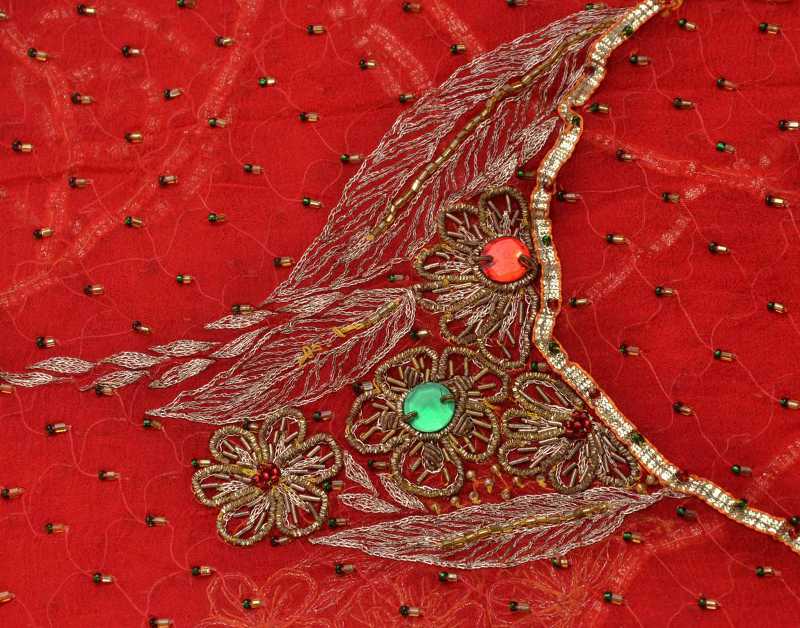===
0255,
2
===

=== |
 |
rangīnī : 'The being coloured; the being of various colours; bright colouring, gaudiness; elegance; florid style, word-painting; variableness, variety; figurativeness, figurative language'. (Platts p.602)
ḳhūn-ḳhvār : 'Bloodthirsty, murderous, sanguinary, cruel; —a bloodthirsty man (or other animal), a murderer; an animal that preys on others'. (Platts p.497)
FWP:
The intransitive grammar gives the verse a particularly detached quality, like a report. The first-person lover whose experience of passion is being reported remains almost invisible. The 'colorfulness' of passion turns out to be generated from the lover's own blood, and the beloved is like a dangerous beast, a 'man-eater' of some kind hitherto unknown to the reporter.
The phrasing of the second line leaves open the question of whether the lover had simply never experienced passion before, or whether he had had dealings with other beloveds, but none of them had been 'blood-drinkers' before.
Note for grammar fans: In the first line, nowadays we'd of course expect milne par .